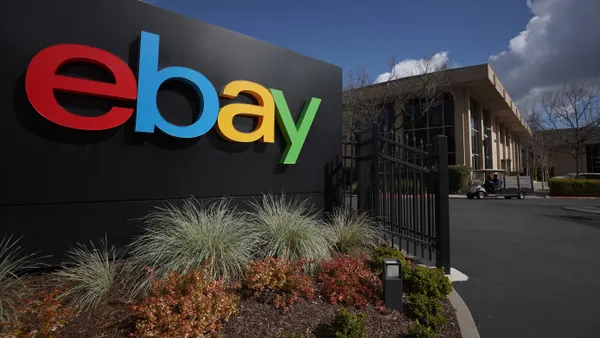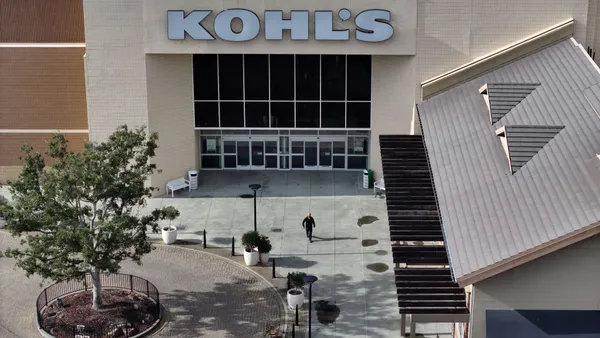Dive Brief:
-
Retail CIOs and IT decision makers are unsatisfied in the ability of their software and enterprise application partners’ ability to help them drive innovation, according to a global multi-industry survey from enterprise software company Rimini Street and technology research firm Vanson Bourne.
-
The survey of more than 900 technology and finance leaders found that only 22% of retail sector respondents are completely satisfied that their software providers and enterprise applications are helping them innovate faster and accelerate their business strategies, according to Rimini Street and Vanson Bourne.
-
Almost 90% of IT and finance executives from across multiple industries agreed that their organizations should be spending more money on innovation, according to "The State of IT Innovation: Priorities and Challenges."
Dive Insight:
There are a couple of different threads to discuss here. One is that, generally across industries, IT and finance leaders see a need for more innovation. Over 80% of those surveyed acknowledge that there is a link between IT innovation within their companies and the overall competitive position of those organizations, according to the study.
Also, 84% have realized or expect to realize revenue increases due to innovation, and 86% have seen or expect to see customer satisfaction benefits from increased innovation. Yet, there’s a disconnect somewhere because 71% also said they struggle to find budget for IT initiatives. Also, about half of respondents said they have trouble convincing their corporate boards that investing in innovation is critical to business success.
What can be done about this? Well, it depends. Maybe the IT part of the business could do a better job speaking the language of business strategy. They may also need to do a better job of allocating more of the budget they have to innovative projects.
"With rising costs of commodities, IT departments in the retail space spend a large percentage [of their budgets] on just ‘keeping the lights on,'" Hari Candadai, group vice president of global product marketing at Rimini Street told Retail Dive via email. "While maintaining current systems is important, retailers must also spend time and resources on innovation in order to survive and thrive – looking for ways to merge digital with traditional commerce and take advantage of mobility and automation to help achieve revenue and profit goals."
It’s also possible that higher-level decision makers in the these organizations are the ones that need to budge, and try a little harder to understand how their businesses and markets are changing, and what innovation can do to help.
That brings us to the second thread: IT groups often feel locked in to their existing vendor relationships, despite feeling unsatisfied in the ability of these partners to help them innovate and get to the next level. This apparently is an even bigger problem in retail than in other sectors, according to the study.
Does that mean more retail organizations would be better off doing more technology innovation in-house and rely less on outside partners? Again, it depends. Maybe retailers and their IT and enterprise app partners just need to have more heart-to-heart discussions so that vendor partners realize what’s most important to the retailer leaders. Although, for some retail organizations bringing management of some software and apps in-house might give them more control over their own destiny.
Ideally, having the right outside partner to support some of an organization’s IT functions and needs means that the decision maker in that organization can spend more time and money cultivating their innovation agendas — or at least spend more time trying to convince their boards they should get more money for innovation.












